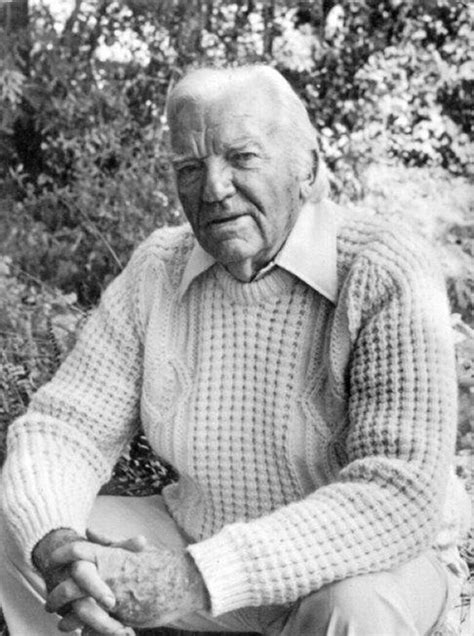A Quote by Marlon James
What I find, particularly with young writers and readers, is that they don't want complicated feelings.
Quote Topics
Related Quotes
The annual award of $5,000 goes to an author for a meritorious book published in the previous year for children or young adults. Scott O'Dell established this award to encourage other writers--particularly new authors--to focus on historical fiction. He hoped in this way to increase the interest of young readers in the historical background that has helped to shape their country and their world.
I have a total responsibility to the reader. The reader has to trust me and never feel betrayed. There's a double standard between writers and readers. Readers can be unfaithful to writers anytime they like, but writers must never ever be unfaithful to the readers. And it's appropriate, because the writer is getting paid and the reader isn't.
I am always interested in why young people become writers, and from talking with many I have concluded that most do not want to be writers working eight and ten hours a day and accomplishing little; they want to have been writers, garnering the rewards of having completed a best-seller. They aspire to the rewards of writing but not to the travail.
But it's clear to me that us slow-poke writers are a dying breed. It's amazing how thoroughly my young writing students have internalized the new machine rhythm, the rush many of my young writers are in to publish. The majority don't want to sit on a book for four, five years. The majority don't want to listen to the silence inside and outside for their artistic imprimatur. The majority want to publish fast, publish now.






































